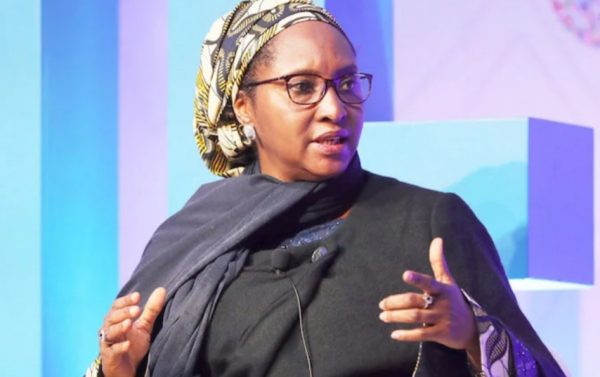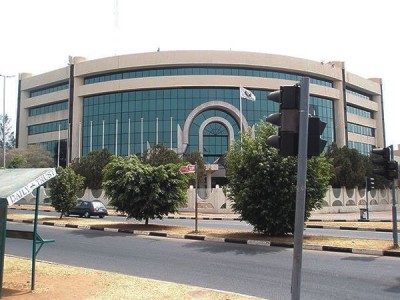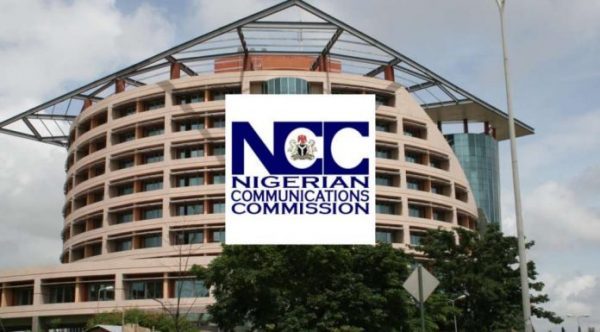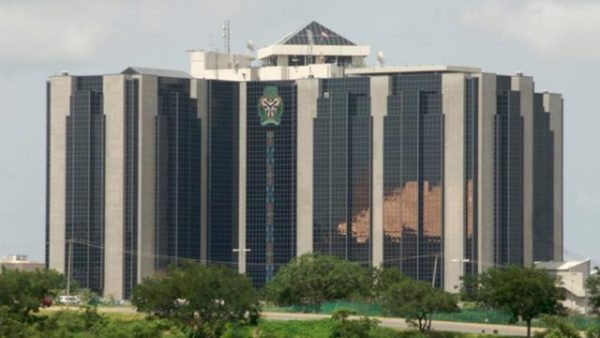How Nigeria, others lose $4.2tr savings over poor infrastructure, by World Bank
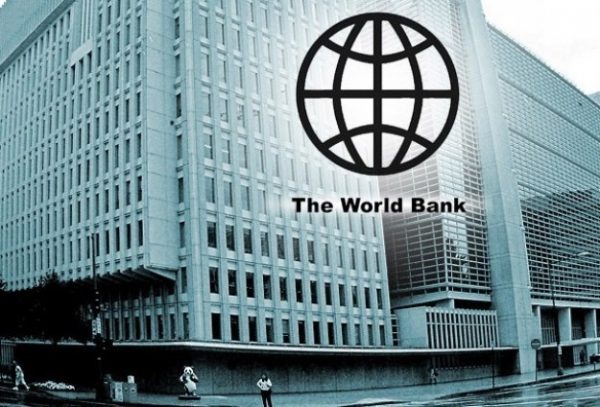 The cost of not investing in strategic infrastructure may not only pose challenge to ease of doing business, but also Nigeria and other economies classified as low and middle-income countries of potential savings estimated at $4.2 trillion.
The cost of not investing in strategic infrastructure may not only pose challenge to ease of doing business, but also Nigeria and other economies classified as low and middle-income countries of potential savings estimated at $4.2 trillion.
The World Bank Group, in its latest report, titled: “Lifelines: The Resilient Infrastructure Opportunity,” with the financial support of the Japan-World Bank Program for Mainstreaming Disaster Risk Management in Developing Countries, described the savings as an average, an indication that it could be more.
Besides, at $4.2 trillion average net benefit, it also represents $4 in benefit for each $1 invested, the new report from the World Bank and the Global Facility for Disaster Reduction and Recovery (GFDRR) stated.
The report laid out a framework for understanding the ability of infrastructure system and how it functions to meet users’ needs during and after a natural hazard, which Nigeria and other commodity dependent economies are hugely exposed to.
It also examined four essential infrastructure systems- power, water and sanitation, transport, and telecommunications, adding that making them more resilient is critical, not only to avoid costly repairs, but also to minimize the wide-ranging consequences for the livelihoods and well-being of people.
Outages or disruptions to power, water, communication and transport affect the productivity of firms, the incomes and jobs they provide, as well as directly impacting people’s quality of life, making it impossible for children to go to school or study, and contributing to the spread of diseases.
The World Bank Group President, David Malpass, said: “Resilient infrastructure is not about roads or bridges or power plants alone. It is about the people, the households and the communities for whom this quality infrastructure is a lifeline to better health, better education and better livelihoods.
“Investing in resilient infrastructure is about unlocking economic opportunities for people. This report offers a pathway for countries to follow for a safer, more secure, inclusive and prosperous future for all.”
More worrisome is the understanding that the lack of resilient infrastructure harms people and firms more than previously understood, with yearly costs of $390 billion to households and companies in low- and middle-income countries, arising specifically from disruptions, as well as poor maintenance and mismanagement of infrastructure.
The Senior Director, Climate Change, World Bank, John Roome, added: “For infrastructure investors- whether governments, development banks or the private sector, it is clear that investing in resilient infrastructure is both sound and profitable. It is not about spending more, but about spending better.
Also, the lead author of the report, Stephane Hallegatte, noted that: “It is cheaper and easier to build resilience if we look beyond individual assets, like bridges or electric poles, and understand the vulnerabilities of systems and users.
“By doing so, entire systems can be better designed and with greater flexibility so that damages are localised and do not spread through entire networks, crippling economies at large.”
Drawing from a wide range of case studies, global empirical analyses, and modelling exercises, the report showed major region and country-specific implications of investing in resilient infrastructure, with Africa and South Asia now bearing the highest losses.
As a way forward, the report recommended the tackling of poor management and governance of infrastructure systems as key, reiterating that a poorly-maintained infrastructure cannot be resilient.
There is also need to build institutions, as challenges to wider political economy need to be addressed, and critical infrastructure assets and systems need to be identified, with resources specifically directed toward them.



